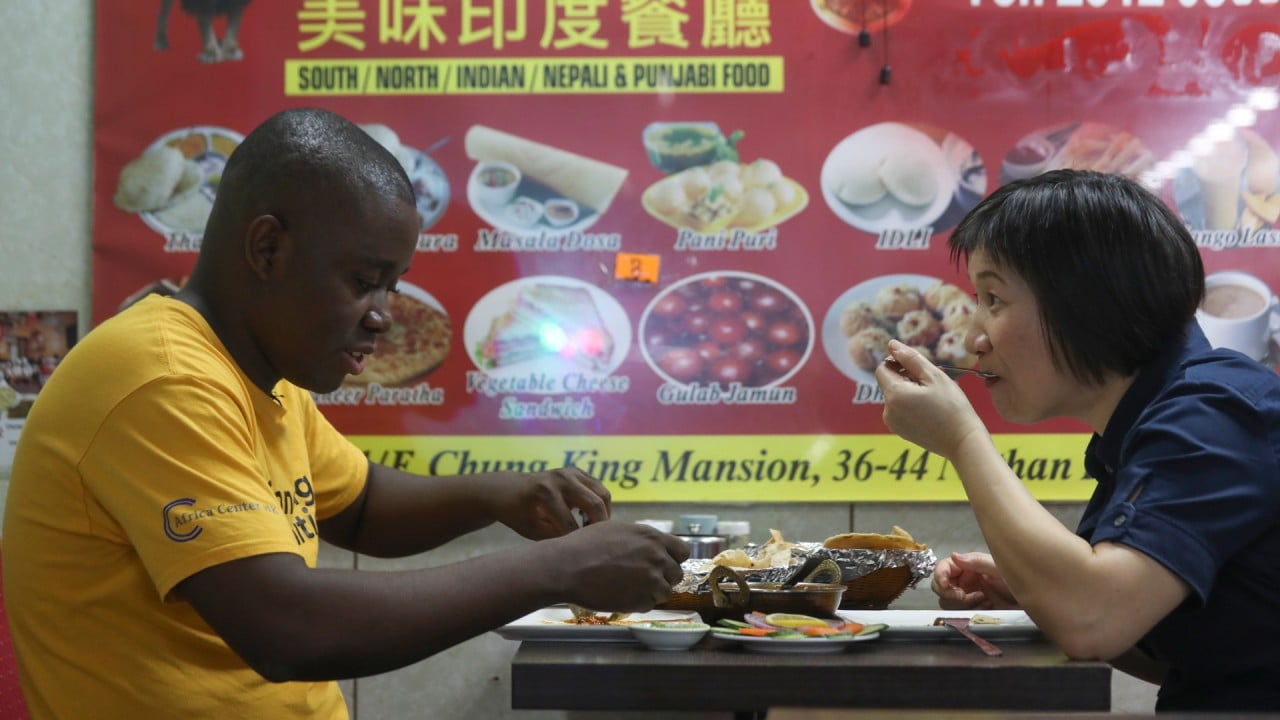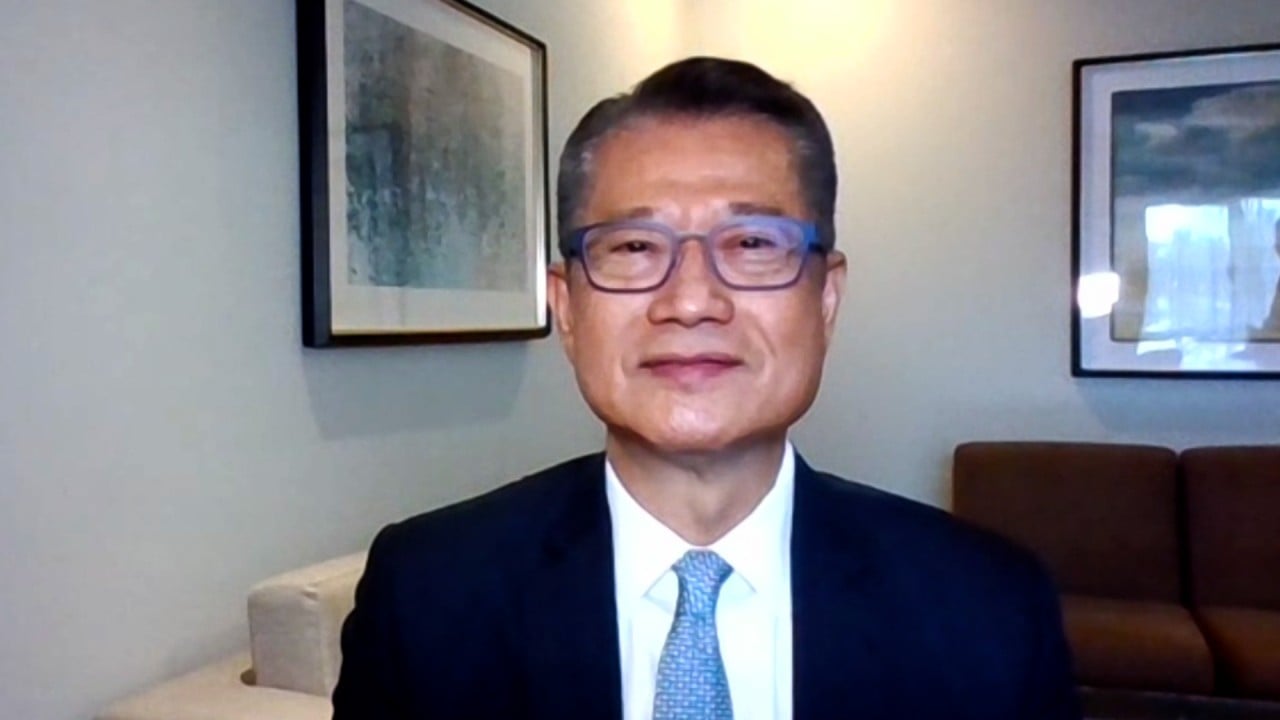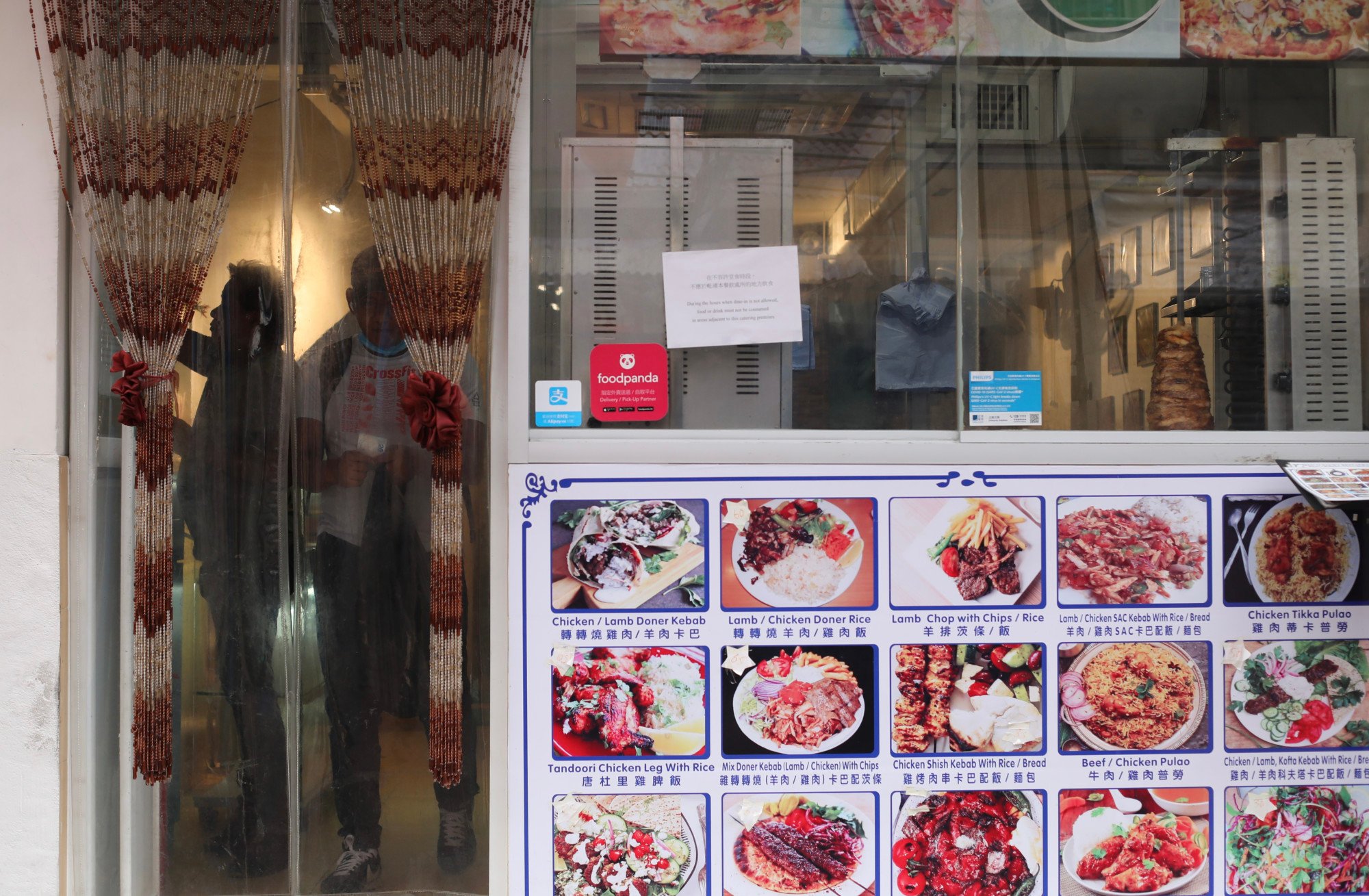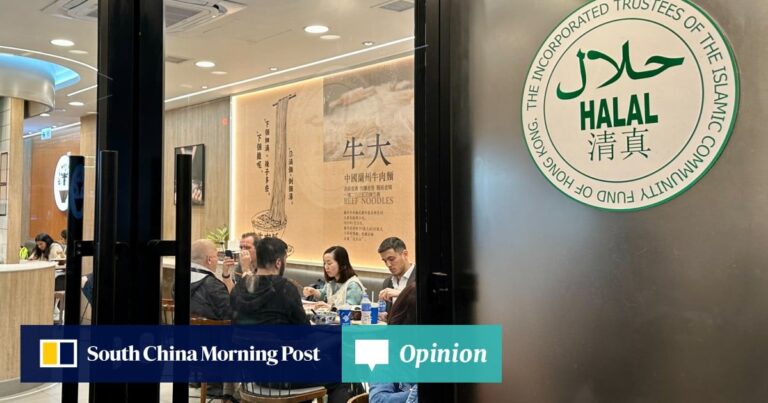It would be naive to think that Malaysians prefer Thailand over Hong Kong mainly because of the availability of halal food. Thailand is rich in attractions such as white sand beaches, island hopping, a variety of family-friendly activities, and is generally more affordable in terms of food, transport, and accommodation. These factors contribute to its appeal to tourists as well as halal food. Therefore, instead of focusing only on expanding the number of halal eateries, Hong Kong should also prioritize building an ecosystem of amenities that will benefit it. This should include modest but important efforts such as encouraging Hong Kong hotels to provide halal toothpaste, setting up small prayer rooms in key tourist destinations, and organizing tours and activities for women run by local residents.

04:40
Where to eat in Chungking Mansions, a building that symbolizes Hong Kong’s diversity
Where to eat in Chungking Mansions, a building that symbolizes Hong Kong’s diversity
Additionally, large shopping centers may be encouraged to hold special Ramadan shopping festivals to promote halal tourism. These diverse amenities will enrich the breadth and depth of Hong Kong’s tourism landscape.
Hong Kong can garner stellar reviews from tourists and business travelers by offering a comprehensive ecosystem of conveniences that make their stay a pleasant one. These positive reviews can rival the effectiveness of a global advertising campaign targeted at the same audience.
Additionally, the Hong Kong government needs to clearly define its target market, taking into account the diverse consumption preferences of Muslims around the world. To support this effort, the Hong Kong Tourism Board should collaborate with local Islamic organizations. However, it is worth noting that some of Hong Kong’s major Islamic organizations are represented primarily by people from the subcontinent, reflecting the population composition of Hong Kong’s Muslims.
If the government’s goal is to attract tourists from wealthy Gulf states, it would be wise to partner with local Islamic organizations whose executives are fluent in Arabic and have a deep understanding of the culture. Just as prioritizing the hiring of Chinese-speaking talent to increase tourism from mainland China, finding partners who are bilingual in English and Arabic is essential for effective outreach. Dew.

10:05
Hong Kong’s financial chief seeks new investments in Middle East as part of economic revival
Hong Kong’s financial chief seeks new investments in Middle East to boost economy
These organisations should ideally be private companies staffed with white-collar professionals with ties to Hong Kong’s food and beverage industry. The mandate of local organisations should be focused primarily on promoting Hong Kong to foreign tourists and business travellers, rather than serving the local Muslim community, as these are two different goals that should not be confused.
Additionally, these organizations must adhere to the highest standards and have clear deliverables. More than its role as a religious organization, its most important aspect is to provide clarity and innovation to bring innovative ideas to expand and deepen Hong Kong’s Halal ecosystem, with the ultimate goal of creating substantial economic value. It should be the ability to
The days of half-measures are over. The Hong Kong government first proposed targeting Muslim tourists in 2018, but efforts since have been sporadic and unfocused. As a result, these efforts have largely failed. A halal restaurant located in Yau Ma Tei Temple Street. One of the reasons Hong Kong is struggling to enter the halal tourism market is the lack of places where observant Muslims can eat. Photo: Xiaomei Chen To overcome these past shortcomings, transparency and accountability are essential for successful halal tourism in Hong Kong. Therefore, all individuals and organizations, regardless of size, should have the opportunity to suggest ways to expand Hong Kong’s halal market through public tenders and technical proposals to expand halal certification.
A halal restaurant located in Yau Ma Tei Temple Street. One of the reasons Hong Kong is struggling to enter the halal tourism market is the lack of places where observant Muslims can eat. Photo: Xiaomei Chen To overcome these past shortcomings, transparency and accountability are essential for successful halal tourism in Hong Kong. Therefore, all individuals and organizations, regardless of size, should have the opportunity to suggest ways to expand Hong Kong’s halal market through public tenders and technical proposals to expand halal certification.
“Hong Kong should welcome the best ideas as the aim is to contribute to the diversification and success of Hong Kong’s tourism industry. With this approach, we can use this opportunity as a forum for the exchange of ideas to improve and adapt Hong Kong’s current halal certification system to the benefit of the food and beverage industry, the tourism sector and the local economy.”
Siddique Bazarwala is a Hong Kong resident, author and business strategist. He is the founder and director of the Hong Kong Halal Association.

